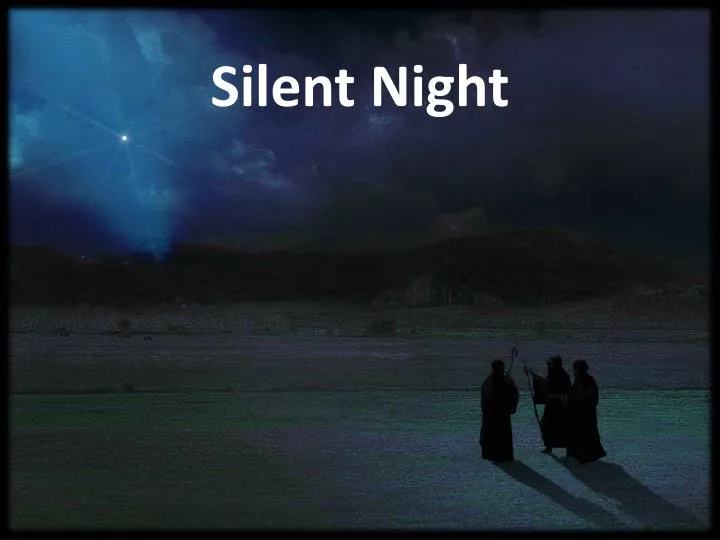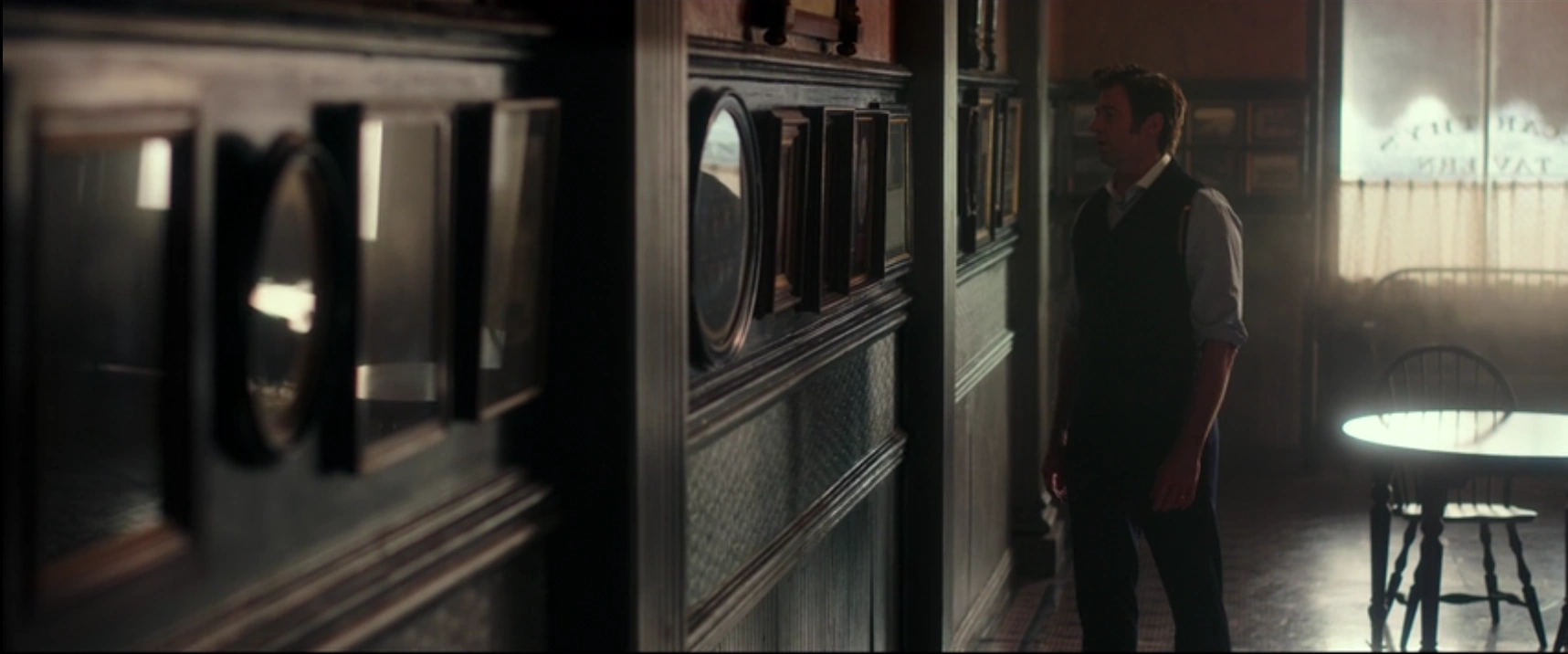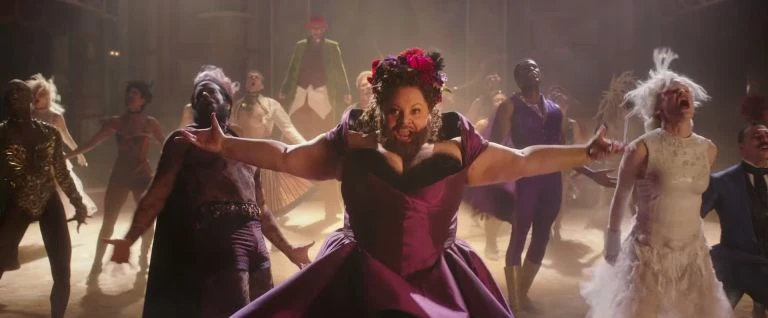Many
musicals – most, even – have an anthem, one song that really takes hold of audiences,
often becoming synonymous with the show or movie. I’d say ‘This is me’ is that song for The Greatest
Showman.
The story
goes that, before the film had had received the greenlight for production, this
song was performed in a workshop in front of studio executives. Keala Settle – who carries the song – had never
performed it, and was rather reserved at first.
Telling the story of the song, she grew into the performance, and the rest
is history.
‘This is me’
is a song about refusing to be ashamed, about standing up and standing out in spite
of rejection and marginalization. It’s
sung in the film by Settle’s character, bearded lady Lettie Lutz, and the other
‘Oddities’, at a time when their difference and rejection from the well-to-do
in society is at its sharpest. This is a
song of defiance, and of owning and taking pride in one’s own identity.
For me, one
of the reasons why the New Testament’s Gospels are called that is because they
are good news stories – that’s what Gospel means, it’s an old English word for
good news. There are so many tales of
people in the shadows, on the underside of history and in the margins of society,
stepping out in boldness to meet Jesus or because they’ve met him. I want to mention a few.
The first is
a woman in a crowd who had the audacity to interrupt someone else’s miracle to
get one of their own. Jesus had been
summoned by Jairus, an official at the local synagogue, whose daughter lay
dying at home. On the way, Jesus was swamped
by crowds, as usual, but he stopped when he felt someone touch him and
apparently draw some power out of him!
It was a woman who had been stricken with bleeding for twelve years –
basically, she had a constant period for twelve years. Not only would this have been unpleasant and
(I daresay) exhausting for her, it also meant she was basically an outcast, as
menstruation was an uncleanness in Jewish society. But this woman thought to herself, ‘If I
could just touch him, or even just the edge of his cloak, I’ll be healed.’ That’s what she did, and that’s what
happened. So she came clean, owned
up. And Jesus said,
“Daughter, your faith has made you well” (Mark
5:34)
Fun fact:
this is the only person in the gospels that Jesus calls ‘daughter’.
Also, notice
that Jesus credits her faith, and not his power, as the prime mover here. To borrow from a book title (which in turn
borrows from a quote), “She believed she could, so she did.”
Another
story features a woman in the region of Tyre and Sidon (modern Lebanon), whose daughter
was very sick. This woman is called a
Canaanite by Matthew, and a Syrophoenician by Mark. Both are making the same point – she was a Gentile
(non-Jew) and a ‘foreigner’. Jesus and
his disciples were passing through that region, and the woman came out to call
on Jesus, “Have mercy on me, Lord, Son of David” (that’s a pretty Jewish term for
a non-Jew to be using) “my daughter is tormented by a demon” (Matthew 15:22). Jesus didn’t answer, but the disciples
complained to Jesus, that he should get rid of her because, in their words, “she
keeps shouting after us”. The arrogance of
these young men! First of all, treating
this woman as just an annoyance, secondly, she wasn’t shouting after ‘us’ (ie,
them) – she wasn’t interested in them, only in Jesus. But their attitude was probably normal for
young Jewish men toward a Gentile woman.
There’s a Jewish daily prayer (read by men, the women say a different
one for reasons that will be obvious) that says,
“Blessed are you, O LORD our God, King of the
Universe, for not having made me a Gentile… a slave … [or] a woman”
So it’s no
wonder these men treated this woman with such disdain – she was 2 out of the 3
items on that list.
There’s clearly,
then, a bit of racism and sexism on their part.
But controversially, Jesus said some things too – things that could seem
racist as well. When he finally breaks his
silence, firstly he speaks about an exclusivist, exceptionalistic vision – that
he “was sent only to the lost sheep of the house of Israel”. Even if Jesus didn’t believe this, it could
reinforce negative ideas.
Then, when
this woman kneels before Jesus, saying, “Lord, help me,” Jesus answers:
“It is not fair to take the children’s food and
throw it to the dogs”
Talk about
kicking someone when they’re down. He
implies that she is a dog. My theory on
this is that Jesus is testing his disciples, challenging and subverting their
perceptions by using popular terms and ideas but exposing their error, a sort
of reductio ad absurdum. That’s exactly
what happened here, as the woman takes it in defiance:
“Yes, Lord, yet even the dogs eat
the crumbs that fall from their masters’ table”.
Jesus praised
her, “Woman, great is your faith! Let it
be done for you as you wish.” And her
daughter was healed right away.
On another occasion,
Jesus was a guest at the home of a Pharisee called Simon. (Pharisees were a group among Jews who prided
themselves on their zealous observance of the written and oral Jewish law – there
was perhaps an elitism about the, and they certainly seemed to look down on
those who were less strict in their adherence to the commandments.) While they were at the table together, a notorious
woman of the town burst in. Although it’s
not stated explicitly, it’s clear that this woman was a prostitute. She stood by Jesus’ feet and wept on them. She washed his feet with her tears, and dried
them with her hair. Then she started kissing
his feet, and she opened a jar of ointment she had with her (a tool of the
trade) and anointed Jesus’ feet with it.
Simon was scandalized,
saying to himself, ‘If Jesus were a prophet, he’d know what kind of woman this
is touching him – that she is a sinner.’
In response, Jesus pointed out that the woman, and not Simon, had
treated him like a guest of honour. She showed
great love because she had experienced great compassion from Jesus – she heard
and saw the love of God in him. Simon,
on the other hand, demonstrated his own sense of entitlement by failing to
extend even common courtesy to Jesus, such as having a servant wash his
feet. Once again, Jesus praised the
woman, saying, “Your faith has saved you; go in peace” (Luke 7:50).
I’m struck
in that story by just how little attention the woman paid to Simon the Pharisee. He tried to shame her, but it seemed to just
wash over her. She knew who she was, and
she accepted God’s love as seen in Jesus.
Finally, in
a perfect picture of the patriarchy at play, early one morning, writes John,
Jesus went to the temple in Jerusalem, and a bunch of people came and listened
to him as he taught them. This was
interrupted by the scribes and Pharisees bringing “a woman who had been caught
in adultery, and making her stand before all of them…” (John 8:3). In depictions of this famous scene, the woman
is often cast down to the ground, clinging to Jesus’ feet. But the words here tell us that she was made
to stand, in front of everyone. Like she
was on trial, and to shame her. These
men brought the charge to Jesus:
“Teacher, this woman was caught in the very act
of adultery…”
Funny, I
always thought it takes two to tango.
Surely they must have also caught a man in the act of adultery – where is
he? Apparently he got away with it, and
the woman got the blame and is thrown under the bus. ‘Twas ever thus – remember the Garden of Eden?
So the lynch
mob wanted to test Jesus. Their
interpretation of the Law said she should be stoned (to death). But what, they asked, would Jesus do?
“Jesus bent
down and wrote with his finger on the ground” (John 8:6). Let’s pause for a moment. Review the scene. It’s not the woman who is on the ground, but
Jesus. The woman stands tall with Jesus
kneeling. I find that a powerful
image. Is that, in fact, why Jesus knelt
down – to reframe the situation, and elevate the woman?
Much has
been made of what Jesus wrote on the ground.
Some ancient versions of the text add later the detail that it was “the
sins of each of them”. Who knows? At any rate, they kept on at him, so he got
back up on his feet and issued a challenge:
“Let anyone among you who is without sin be the
first to throw a stone at her” (John 8:7)
He got back
to his writing on the ground, and the words started to sink in. One by one, oldest first, those men went
away, until “Jesus was left alone with the woman standing before him”. He straightened up and asked her, “Where are
they? Has no one condemned you?”
She replied,
“No one, sir.” And Jesus said, “Neither do
I condemn you. Go your way, and from now
on do not sin again.” It seems to me like
Jesus put it back to her. He gave her
the authority over her life. No one
condemns you – that’s up to you now. She
could walk tall, free, unashamed.
You may
have noticed that all these stories centre on women. That’s not a coincidence. Women needed good news in those days, as they’d
had a bad press for… ever, actually. Their
story had been written by men. Jesus
gave them, and all of us for that matter, the chance to set the record
straight. To tell our side of the story. To stand up tall, and to show the world, “This
is me.”









